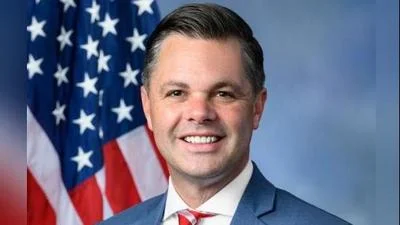Heavier rain events in Iowa have played a role in the diminishing of the state's water quality. | Unsplash
Heavier rain events in Iowa have played a role in the diminishing of the state's water quality. | Unsplash
Try as it may to improve water quality, Iowa’s efforts are short of successful because of climate change.
The Intergovernmental Panel on Climate Change issued a new report explaining how human activities unequivocally contribute to increases in greenhouse gasses, We Are Iowa reported Oct. 31.
Global surface temperatures in the past 20 years were two degrees Fahrenheit higher than 170 years ago, with the likelihood they’ll increase over the next century, according to the report.
While climate change is perceived to be something that affects mostly coastal communities, landlocked places such as the Hawkeye State aren’t immune from it, either.
Climate change has negatively impacted Iowa’s water quality due to heavier rain events causing nutrient-laced runoff from farmland to permeate in the state’s waterways, We Are Iowa reported.
Nearly a decade after its development, the Iowa Nutrient Reduction Strategy hasn’t reached its goals because there isn’t a sufficient number of wetlands to cut down on nutrient loss.
"From a conservationist standpoint, it is just the right thing to do," farmer Timothy Minton, who has a partnership with the state to install wetlands on his property, told We Are Iowa.
Heavy rainfall isn’t anything new and has adversely impacted Iowa’s agriculture and its rate of flooding, according to an agricultural meteorology professor at Iowa State University.
“You start to get excess water moving down slope surfaces and carrying with it any nutrients and nitrogen and phosphates or soil particles,” Iowa Starting Line reported Gene Takle as saying in a 2018 Guardian article.






 Alerts Sign-up
Alerts Sign-up